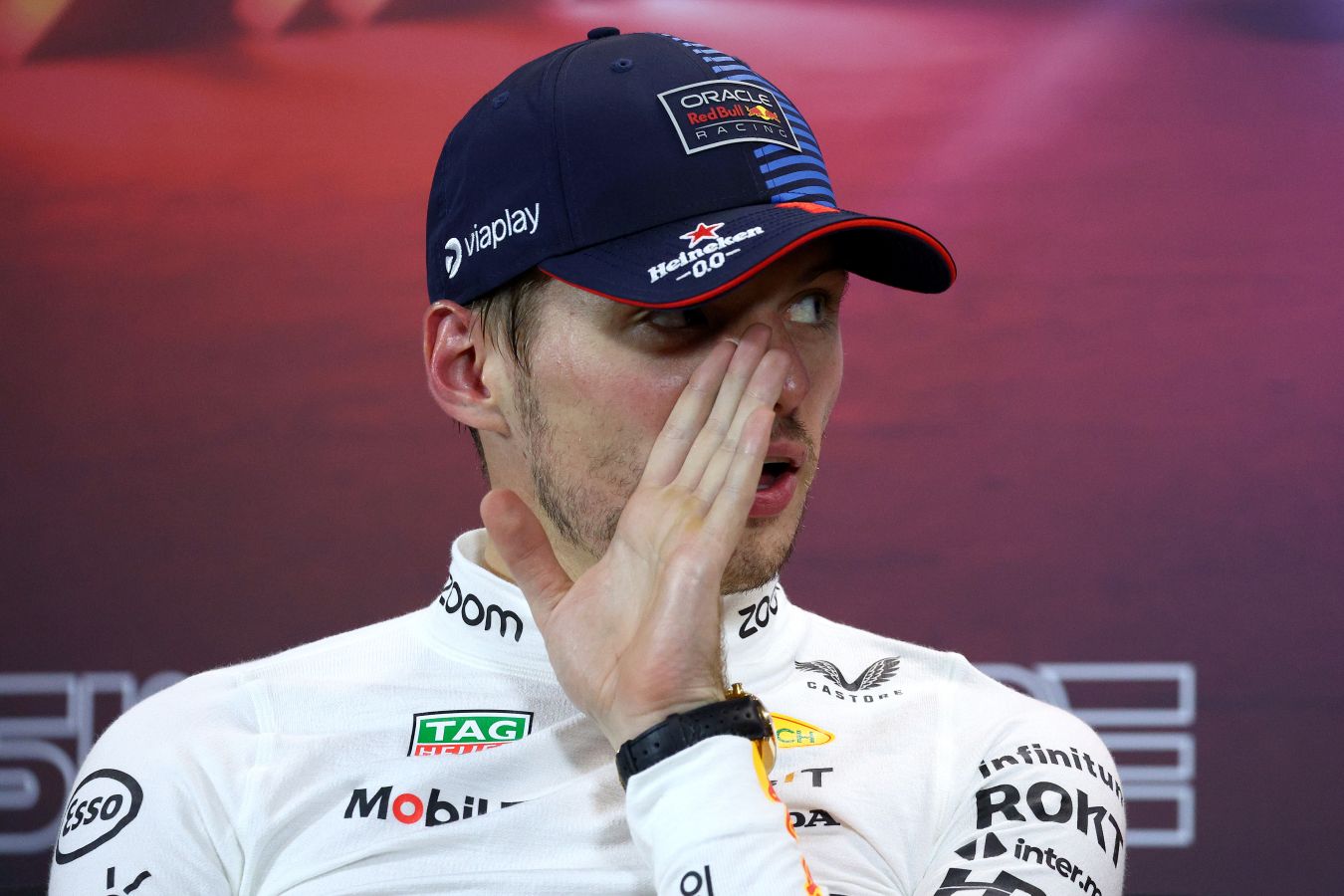Britain, 1989.
Margaret Thatcher held the position of prime minister, and the previous ten years were marked by significant economic advancement alongside considerable social challenges, including strikes, racial tensions, and football violence.
For many of the younger generation, the country appeared to be deeply fragmented.
However, a fresh, carefree youth culture emerged across the nation: the acid house rave scene.
Now, an immersive experience at the Barbican can transport you back to those carefree days.
Rooted in electronic club music that originated in Chicago and amplified by the rise of a new illegal substance – ecstasy – clandestine raves held in fields and warehouses became a way for young people to transcend social and racial boundaries while defiantly challenging the authorities.
In Pursuit of Repetitive Beats is the creation of Darren Emerson, the visionary director (not to be confused with the Techno DJ and Underworld band member, though that would add an interesting layer to the narrative) who aims to provide aspiring ravers with a nearly authentic experience of that era.
Participants in the VR experience don virtual reality goggles, a vibrating vest, headphones, and finger controllers, allowing them to step into an old red Peugeot and cruise down the highway in search of the rave.
The choice of vehicle holds special nostalgia for Emerson.
“I chose the red 205 because my friend owned one, though it wasn’t a GTi, which I like to remind him of often.”
“This experience has traveled globally, but we’ve now brought it to London, conveying a universal tale.”
“It’s about going out with friends, losing yourself, taking risks, and discovering your community – and by the time the morning sun rises, you feel entirely transformed.”
Joining the experience is DJ Erique Dial, one of the minds behind the iconic late-1980s house music track, Raze Break 4 Love.
Dial emigrated from the U.S. to Britain just as the house music wave was beginning to crest and has remained ever since.
He started capturing sounds from adult films in London’s Soho, which later found their way into Vaughan Mason’s track.
“I kept hearing the track play repeatedly on a pirate radio station,” Dial recalled, “and I realized that’s where those samples ended up.”
His first encounter with a rave was in 1987 at Clink Street in east London.
“It was an abandoned kind of venue. The glow-in-the-dark décor and sweat dripping from the ceiling brought it to life.”
“You’d encounter people you’d typically never interact with on the street, yet there you were, sharing hugs and dancing together. Many forged lifelong friendships.”
“There was no fighting – just a collective enjoyment of the rave.”
Even now, Dial continues to spin the classic tracks from that era at raves throughout London, where the crowd often includes individuals in their 50s and older, who initially experienced the scene, alongside younger audiences discovering the music through their parents or video games like Grand Theft Auto.
On the virtual dancefloor, Dial was accompanied by Richard Raindance, the mastermind behind London’s inaugural licensed rave in 1990.
Raindance describes his background as originating from an “English crime family” and asserts that without the London rave movement, his trajectory might have taken a different, perhaps darker path.
“Raves brought together a diverse mix of ages; everyone was united for one reason: to escape their troubles,” he shared.
In 1989, the Raindance team arranged transport for thousands of partygoers from the West End to a secluded field on Jenkins Lane in Barking to keep the celebration going after nightclubs closed at 2 a.m.
Raindance noted that these all-night outdoor events certainly accelerated the push for all-night licenses in the club scene.
He still organizes Raindance events today, although many of them now occur in daylight hours.
“It has never ceased.”
“Things have evolved, but the essence remains; it’s still a beautiful experience.”

